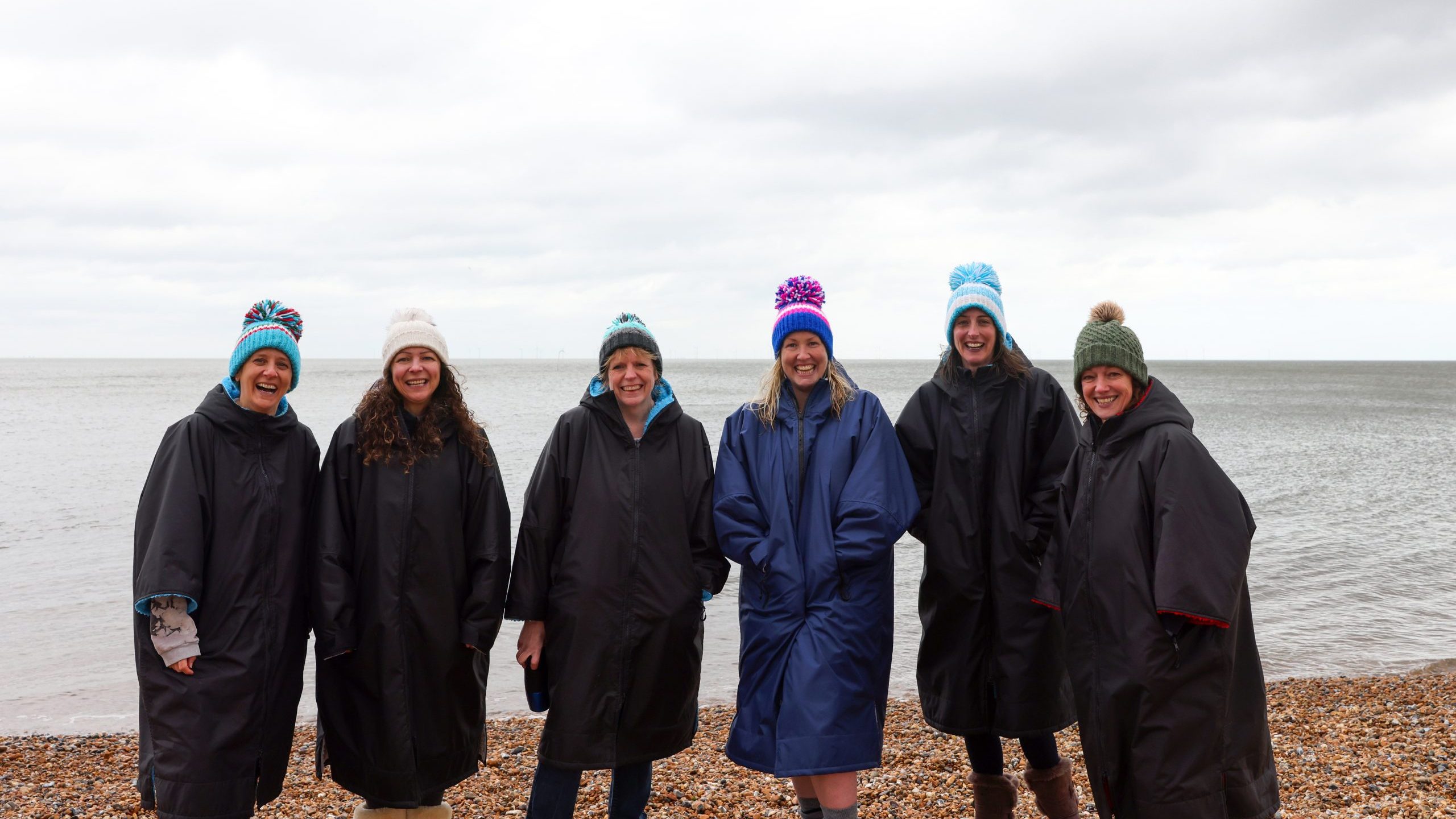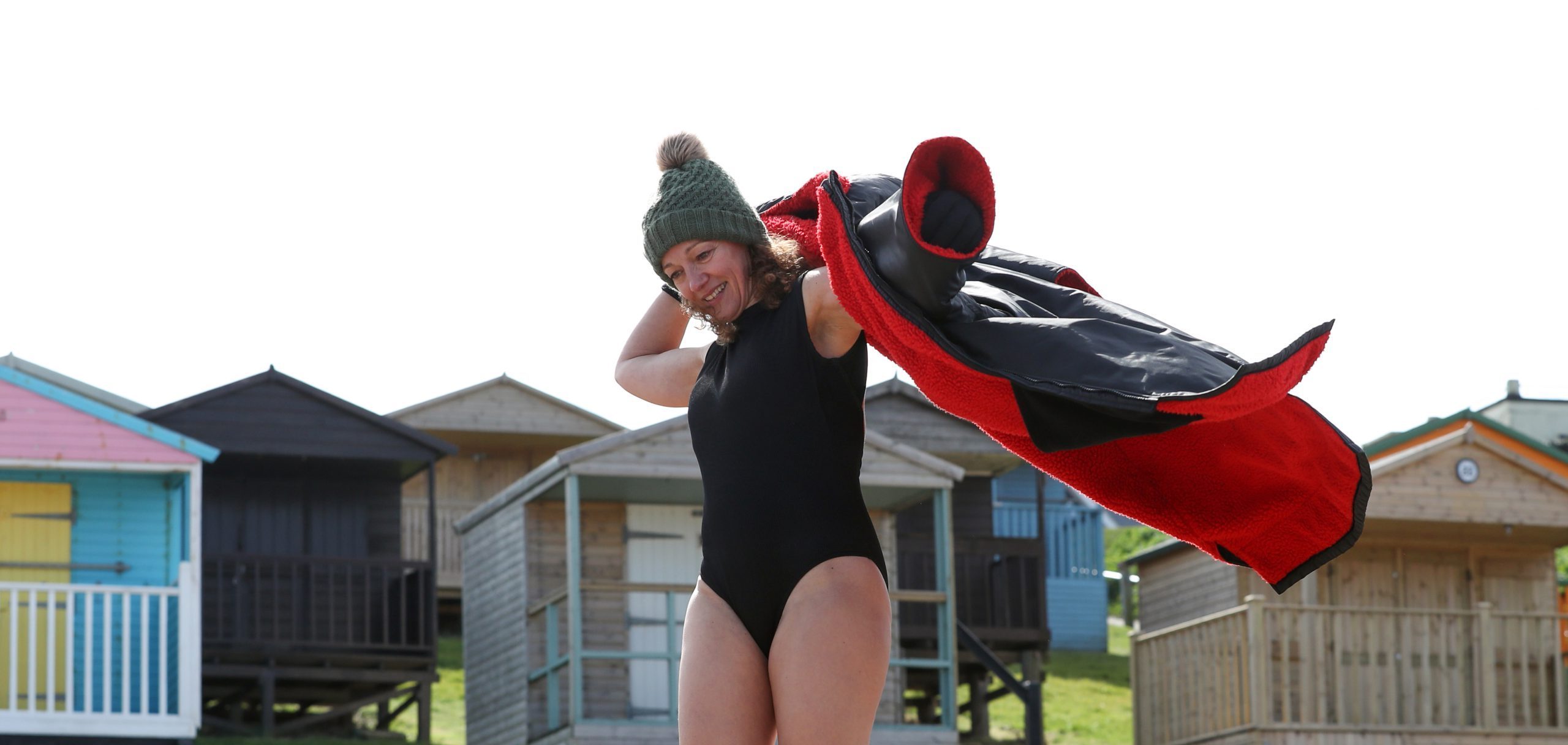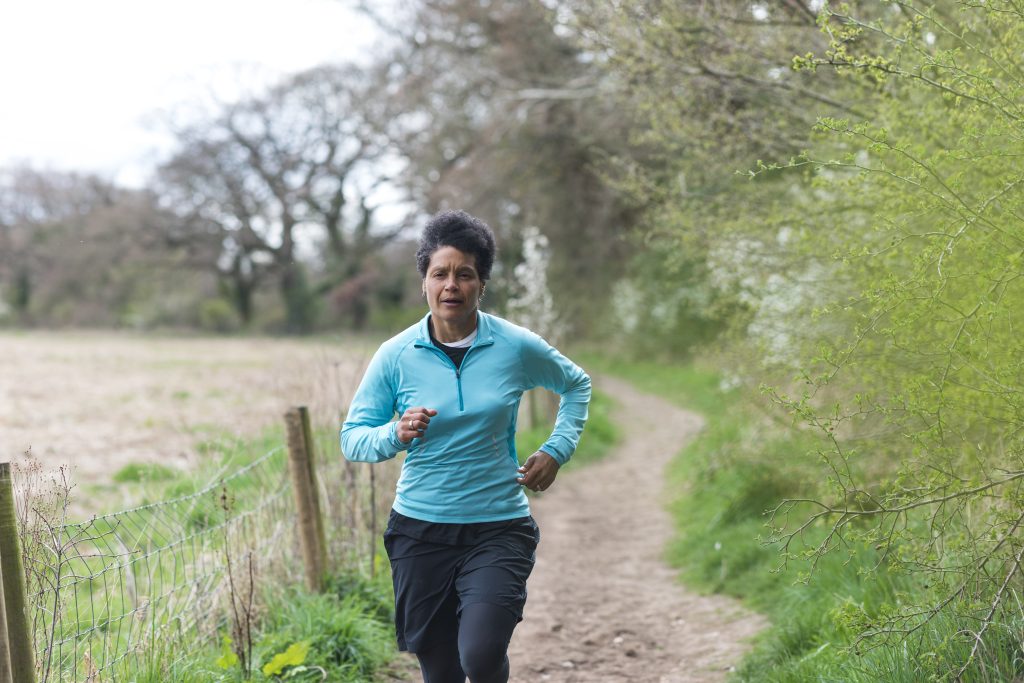Women in Sport has launched new research into menopause, sport and activity alongside a new curation of images and films in partnership with Getty Images. As a result, we’re calling for action both within and beyond the sport sector to ensure midlife women have the chance to enjoy sport and activity and the lifelong benefits they bring. The work was funded thanks to players of People’s Postcode Lottery through the Postcode Sport Trust.

#Menopossibilities: Supporting Women in Midlife
At present, far too many women in midlife are missing out on the joy of sport and the social, psychological, and physical health benefits of being active. A third of women aged 41 to 60 are not meeting the Chief Medical Officer’s guidelines of 150 minutes per week of exercise and a fifth are not achieving even 30 minutes per week*.
Women in Sport’s unique insights examined every aspect of women’s lives over a five-month period to fully understand their experiences of menopause and physical activity and explore what is really preventing them from being active. See the full report and recommendations from the research here.
-
1 /3 women aged 41-60 don't meet the Chief Medical Officer's exercise guidelines
Sport England
-
More than 8 /10 inactive midlife women say they would like to exercise more
Women in Sport
More than eight out of 10 women who are inactive during this time said that they want to do more exercise. But what is stopping them?
Women in midlife feel largely ignored, invisible and undervalued, and don’t feel they have a right to sport and exercise. Women said – “It’s like a taboo subject, nobody talks about it, women suffer on their own.” and “I didn’t want to expose myself, you know, having all these different feelings and emotions, that’s too much on the plate for me to, sort of, tell anybody.”

Sustaining fitness and activity at this point can be life-changing, in relation to happiness, mental wellbeing and physical health, both immediately and into later life.
Women in Sport found multiple physical, psychological, and social midlife and menopause factors are preventing women from getting active. The charity has produced a Model of Midlife, Menopause and Exercise to explain the factors shaping women’s lives and how they affect exercise.
Women have the right to have fun and be healthy and active. The barriers that women face in achieving this must be acknowledged and addressed by society as a whole and with urgency. Women in Sport wants to see:
- Women inspired by expanded perceptions of what sporty can look like and the endless possibilities to be physically active.
- Promotion of sport and exercise by health professionals as a simple and accessible way for women to take better care of themselves at this life stage; whilst also overhauling education about menopause so women stop suffering needlessly.
- More and better workplace policies on the menopause that take into account the need for exercise to nurture physical and mental health.
- Men stepping up as allies to encourage their partners, mothers, sisters, daughters and female friends and colleagues to be active, adventurous, and have fun, and to support this practically, for example by stepping up to share care burdens.
- More midlife women visible in marketing within the sport and leisure sector and communicating relatable benefits.
To challenge the way women going through the menopause are portrayed in society, Women in Sport has partnered with Getty Images to launch a curation of ground-breaking images, video clips and short films. They showcase women who have experienced menopause, illustrating the joy of exercise and how it changed their lives building community, friendship, adventure, fun and camaraderie.

Women should never feel they lack the permission to find and do something they love.
Explore women’s menopause stories
Stephanie Hilborne OBE, Chief Executive of Women in Sport: “Women start out life feeling far too visible and dealing with a running commentary on their appearance, but by midlife have traditionally been all but invisible. At last, our voices are beginning to be heard and the menopause talked about openly on the airwaves for the first time. In midlife, just as we face a pressure cooker of responsibility at work and time deprivation at home due to carrying the care burdens of the nation; our hormones start to play havoc with our bodies. Female biology and societal expectations combined can feel, and be, quite brutal. As a result, all too often women are trapped in inactive lifestyles, just when we most need the joy and community of sport and outdoor exercise. Women in Sport believes passionately that women in mid-life have a right to sport and exercise and it is simply wrong that so many women are denied the joy and health benefits this brings.”

There are very few high-profile black women out there that share their experiences of menopause. For me it is about being able to resonate. I want other black women to know that it happens to us too.Nina
Jacqueline Bourke, Head of Creative Insights EMEA, Getty Images, said: “Visuals have the power to make or break stereotypes; inclusive images make people feel seen, included and accepted, so it has never been more important to produce and promote visuals which authentically represent women experiencing menopause. Getty Images is a passionate champion for the realistic representation of all through visuals and we are proud to work with Women in Sport on this stunning series, shot, produced and curated solely by women, which showcases women in midlife embracing the joys of sport and exercise”.
Laura Chow, Head of Charities at People’s Postcode Lottery, said:“Menopause is a topic too often overlooked and I am pleased that support from our players has funded this collection of images. I’m looking forward to seeing how these stories and photos will challenge the way women are portrayed in the media and across the whole of society.”

